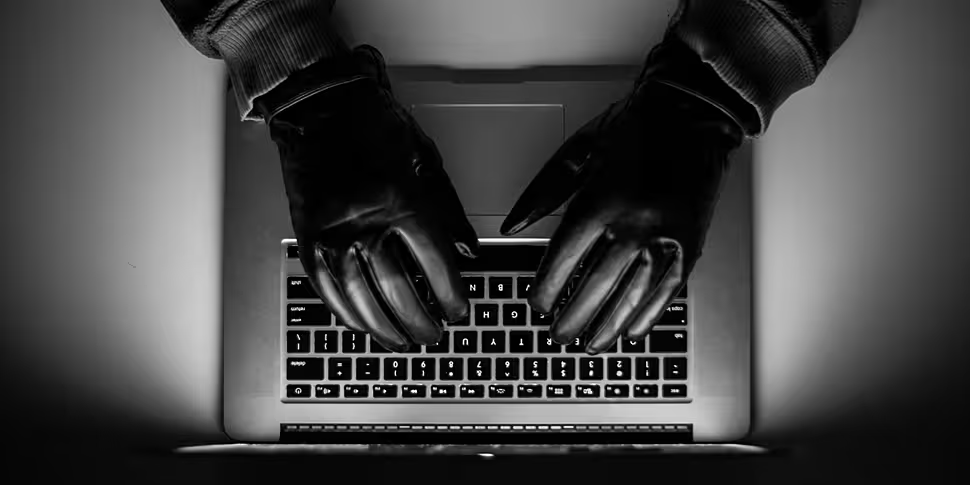Hate mail senders are often “cowards” fuelled by a “vendetta,” a leading private investigator has warned.
It comes after a couple from Loughrea in County Galway last week told Lunchtime Live about their own horrific experience with hate mail.
Susan and David Plower have received over 400 letters from an anonymous source over the last four years containing allegations and abuse in a campaign they described as "terrorism".
Another woman named Susan told the show this week how she had also been subjected to an anonymous hate mail campaign that became more sinister as it evolved to phone calls.
Perpetrator
On Lunchtime Live today, Private Investigator Ronald Boyle said the perpetrator is likely someone known to these individuals.
“In most cases, the last person they think would be responsible, is responsible,” he said.
“Chances are they are within eyesight of their home or within a short distance of the home.
“This is someone looking at the victim on a regular basis, more than likely physically looking at them, or they are online using social media.”
Motivations
Mr Boyle said hate mail senders are motivated in a few different ways.
“Either they are doing it out of pure badness or they have a vendetta, a grudge, or an axe to grind with these individuals,” he said.
“It can also be down to good old-fashioned jealousy.
“Typically, the perpetrator is someone who is very familiar with the victim, someone you know.”
 A woman reads a letter. Image: Andriy Popov / Alamy Stock Photo
A woman reads a letter. Image: Andriy Popov / Alamy Stock PhotoThe private investigator said gathering evidence is the first step needed in trying to catch a perpetrator.
“Specific points of information we would be looking for and what the agenda and motive might be for sending such material to whoever the victim is,” he said.
“That would tend to narrow it down to a number of people, whether that’s half a dozen or a hundred – it depends on the circumstances.
“From there we would eliminate people and the more people you eliminate from suspicion, the more likely you are to identify the individual or individuals who are responsible.”
DNA
It can be difficult to catch hate mail senders through DNA, according to Mr Boyle.
“It can be got, but it may not be got,” he said.
“Strictly speaking you are supposed to have a person's consent to take their fingerprints or DNA.
“But it can also be obtained in other ways without asking them, without their knowledge, but it’s not the sort of thing you could use in court - the only people who can do that are An Garda Síochána.
“It would simply be to identify the person involved for your own knowledge.”
Main image: Online crime takes place as someone wearing black gloves types on laptop. Image: Hajrudin Hodzic / Alamy Stock Photo









